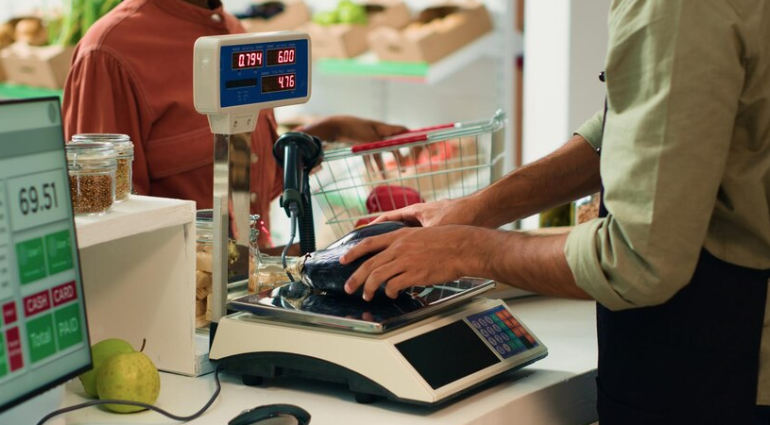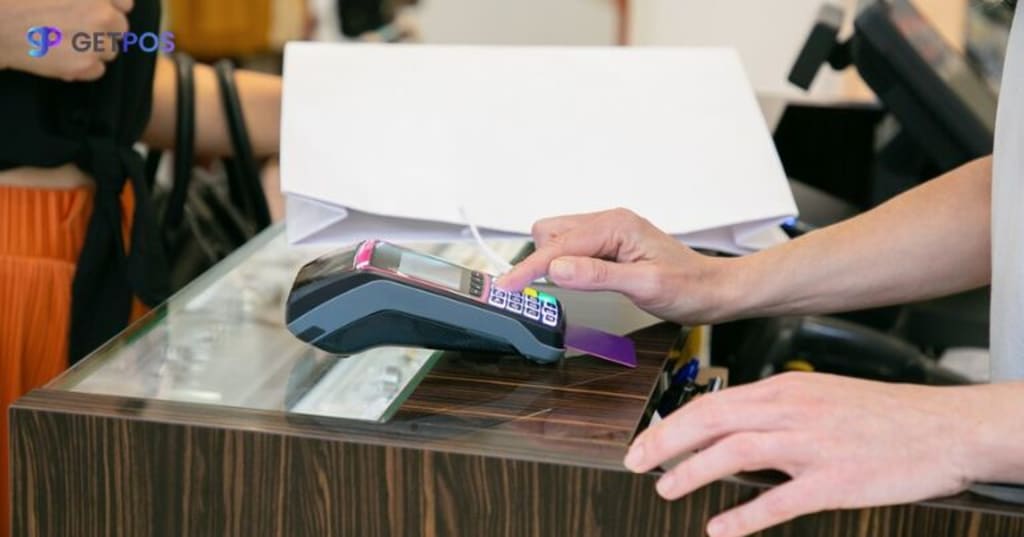Title: The POS System as a Central Hub of Your Business

In today’s technology-driven world, running a business efficiently requires more than just selling products or services. It requires a central system that can manage sales, inventory, employees, customer data, and analytics in one place. That’s where a modern Point of Sale (POS) system comes into play. No longer just a tool for processing payments, the POS system has evolved into the central hub of successful businesses.
In this blog, we’ll explore how the POS system acts as the heart of your operations and why integrating all your business functions through it can lead to smoother workflows, better decisions, and faster growth.
What Is a POS System Today?
Traditionally, a POS system was simply a cash register—something to ring up sales and issue receipts. But in today’s digital business environment, POS systems are multifunctional platforms. They combine software and hardware to handle everything from sales transactions to inventory management, employee tracking, customer relationship management (CRM), and business analytics.
Cloud-based POS systems go a step further, offering remote access, automatic updates, integrations with third-party apps, and real-time reporting. In short, your POS system can now function as the nerve center of your business.
1. Sales and Transactions: The Core Function
At its core, the POS system still handles transactions—but much more efficiently. It allows you to:
- Accept multiple payment types (cash, card, contactless, mobile wallets)
- Apply discounts and promotions
- Track daily sales and revenue in real time
- Generate detailed receipts and digital invoices
But instead of just recording a sale, the modern POS logs that transaction into a wider ecosystem of connected business processes.
2. Inventory Management: No More Guesswork
POS systems automatically update your inventory every time a sale is made. This helps eliminate manual errors and gives you real-time visibility into stock levels. Key benefits include:
- Low stock alerts and automated reordering
- Accurate demand forecasting
- Identification of bestsellers and slow-moving products
- Reduced stockouts and overstocking
Because inventory and sales data are linked, you can make smarter purchasing decisions and optimize cash flow.
3. Customer Relationship Management (CRM)
Today’s customers expect personalized service—and a POS system can help you deliver just that. Modern systems collect and store customer data such as:
- Purchase history
- Average spend
- Preferences and buying habits
- Loyalty program participation
You can use this information to create targeted marketing campaigns, send personalized offers, and build long-term loyalty—all directly from your POS dashboard.
4. Employee Management and Performance Tracking
With built-in time tracking, role-based permissions, and sales performance analytics, POS systems make managing staff much easier. You can:
- Monitor individual employee sales
- Control access to sensitive data
- Schedule shifts and track attendance
- Identify training needs or top performers
Having this functionality in one system saves time and increases accountability.
5. Business Reporting and Analytics
POS systems provide powerful reporting tools that help you analyze performance across all areas of your business. With just a few clicks, you can generate reports on:
- Daily, weekly, or monthly sales
- Product profitability
- Customer behavior
- Operational costs and margins
These insights empower you to make data-driven decisions rather than relying on gut feeling.
6. Integration with Other Tools
One of the greatest advantages of a modern POS system is its ability to integrate with other platforms like:
- Accounting software (QuickBooks, Xero)
- eCommerce platforms (Shopify, WooCommerce)
- Email marketing tools (Mailchimp, Klaviyo)
- Delivery and logistics services
This creates a seamless workflow, reduces duplicate data entry, and improves overall efficiency.
Final Thoughts
In the modern business landscape, the POS system is no longer just a tool for sales—it’s the central hub that connects every part of your operation. Whether you run a retail store, restaurant, or service-based business, investing in a robust POS system can simplify your processes, empower your team, and unlock powerful insights to grow your business.
By uniting your sales, inventory, customers, employees, and analytics in one platform, your POS system becomes the command center that drives smarter decisions and smoother operations.






